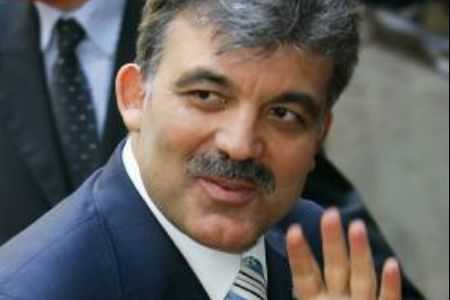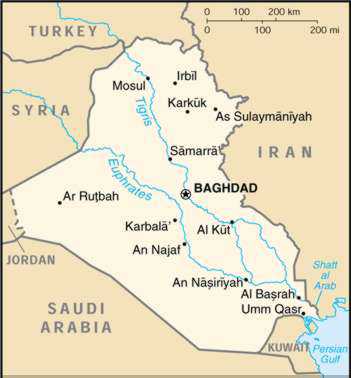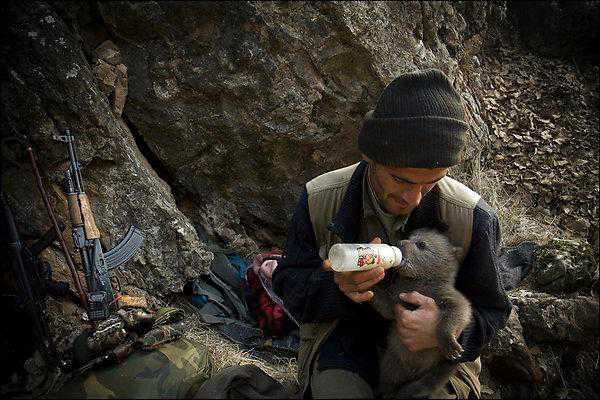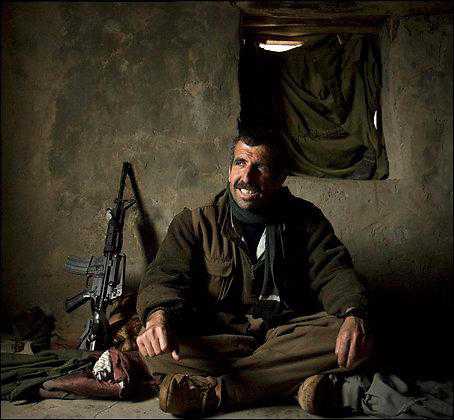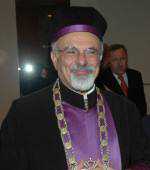The Christmas season saw, as usual, many families struggle with the aftermath of messy divorces and separations – presents and cards returned unopened, children denied visits with non-custodial mums, dads and grandparents, police action threatened over unsolicited phone calls to the children – and on and on.

Almost no one can dispute that family law in New Zealand is in a real mess, which is why changes recommended by a select committee of the Australian Federal Parliament deserve scrutiny.
Last year the Australian Prime Minister, John Howard, took a strong interest in the plight of children whose parents separate. In particular, he expressed concern about the widespread alienation of fathers that all too often occurs after a relationship breakdown, when mothers are given sole custody of the children.
It happens here, too, with many dads drifting out of their children’s lives. It is not necessarily because the fathers do not care but because they either cannot afford the legal fees of prolonged court action against a former partner on legal aid, or they find it impossible to sustain a proper parental relationship with a child with one or two hours’ contact time a fortnight.
Researchers say both countries are paying the price for children being brought up without dads as key role models. Boys are more likely to drop out of school and fall into trouble with the police, and girls to seek male affection through early sexual activity.
Mr Howard asked the select committee to recommend changes to family law practices to address these issues, in particular whether Australia should be emulating those countries in which shared parenting – both mother and father are equally responsible for their children – is the norm, rather than maternal sole custody.
The bipartisan committee reported its findings this month. While it stopped short of proposing 50:50 shared custody, it made a number of recommendations that, from the vantage point of our archaic family law practices, look worthy of consideration – in particular, a greater emphasis on shared parenting, lawyer-free divorce through a greater use of mediation, the Family Court to be used only as a last resort and a fairer child-support system.
These recommendations look to be going in the right direction – but the devil is in the detail, and claims are surfacing that they do little to address the real problems in Australian family law.
One of the most outspoken critics of the Family Court system and those who work within it is the Speaker of the West Australian Parliament, Peter Lewis, who has described it as “racist, sexist, abusive, biased, crook and criminal”.
According to him, “they are racist because too often they assume Anglo Saxon cultural mores. They are sexist because too often they assume a woman will be a better parent than a man. They are abusive because too often they assume that a man should earn the money and support the children, after the former wife has lied about and vilified him and obstructs his lawful access to children. They are biased because too often they assume children don’t need their father. They are crook because too often they allow perjury without penalty in their processes and actions.
“Finally, the Family Court system covers up criminal conduct by allowing too many publicly paid servants in the processes associated with its actions to ignore the public duty of the court to uphold the law, including its own orders.”
Mr Lewis could have been describing our Family Court system.
It is important to remember that the Australian Family Court is essentially an open court, which means that injustices occur in the public arena. In New Zealand, because the Family Court operates in secret, and comments on matters before it create the risk of criminal prosecution for the commentator, many people are unaware that any problems exist – unless their family is unfortunate enough to get caught up in it.
Our Family Court system is a disaster zone: it is unfair and unjust, its costs are excessive, the process takes far too long, it fails to uphold court orders, it perpetuates false allegations, it is totally biased against fathers and, in alienating fathers and grandparents, it is damaging to children.
The Australian select committee’s proposals might not go far enough, but they should be considered by our justice select committee, which is examining the Government’s Care of Children Bill.
I intend to table its recommendations once Parliament sits again next month, with a series of proposals that should be incorporated into the Care of Children Bill, including:
* That the Family Court be an open court like the Youth Court (using name suppression to protect the identity of individuals), with the judge holding the discretion to close the court case by case.
* That 50:50 shared parenting should replace sole maternal custody as the starting presumption in custody and access cases (except for parents who are deemed to be unfit), with a built-in clause for bad behaviour. This would ensure that custody is denied to any parent who attempts to alienate a child from the other parent.
* That false allegations or perjury – telling lies under oath in the Family Court – be treated more seriously as a criminal offence, incurring a prison sentence.
It is important that separating couples who have the best interests of their children at heart, and seek arrangements that put them first, should remain free from state involvement. It is only where such voluntary arrangements are impossible that the state should intervene.* Muriel Newman is Act’s social welfare spokeswoman.
NzHerald

